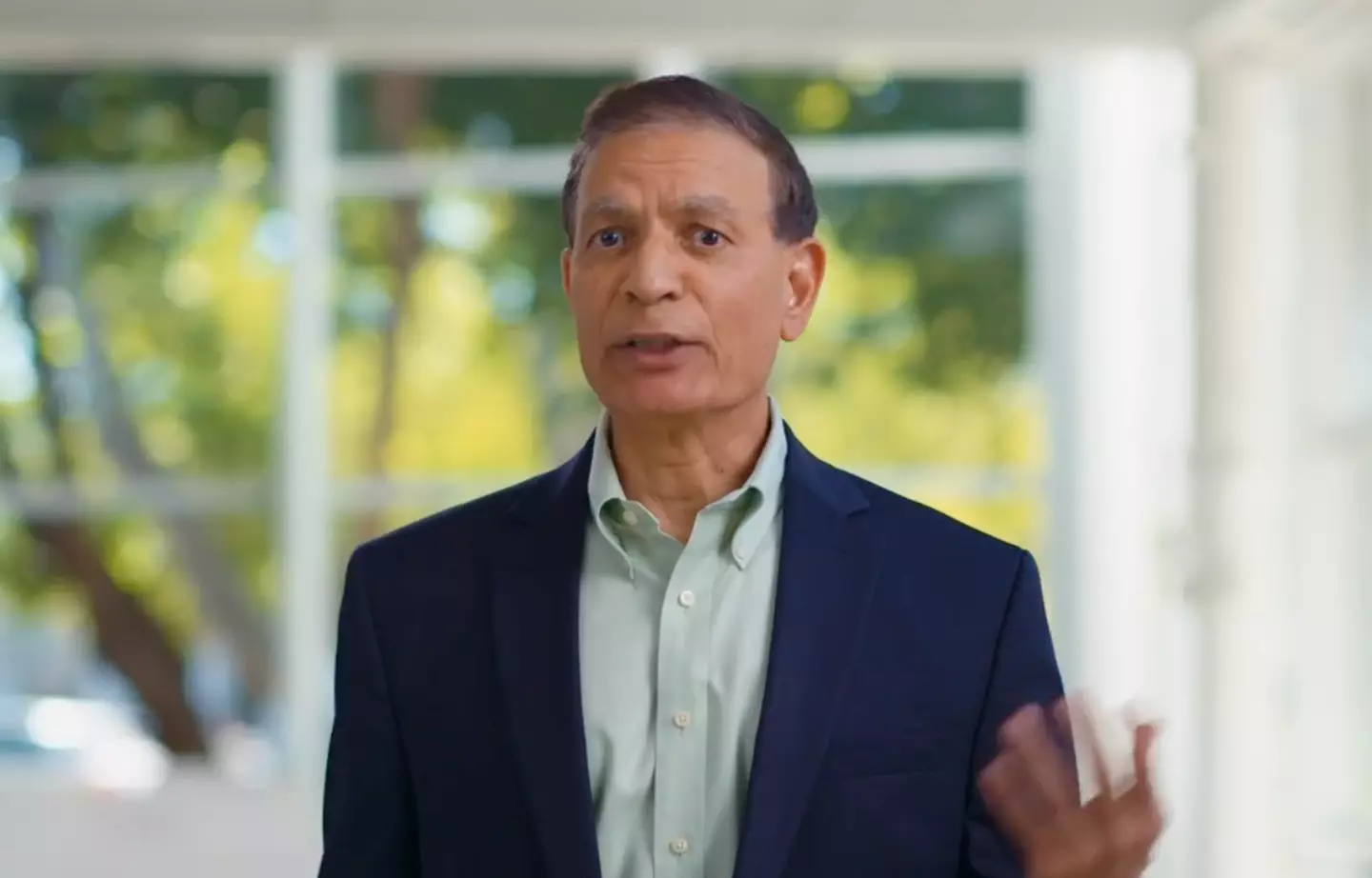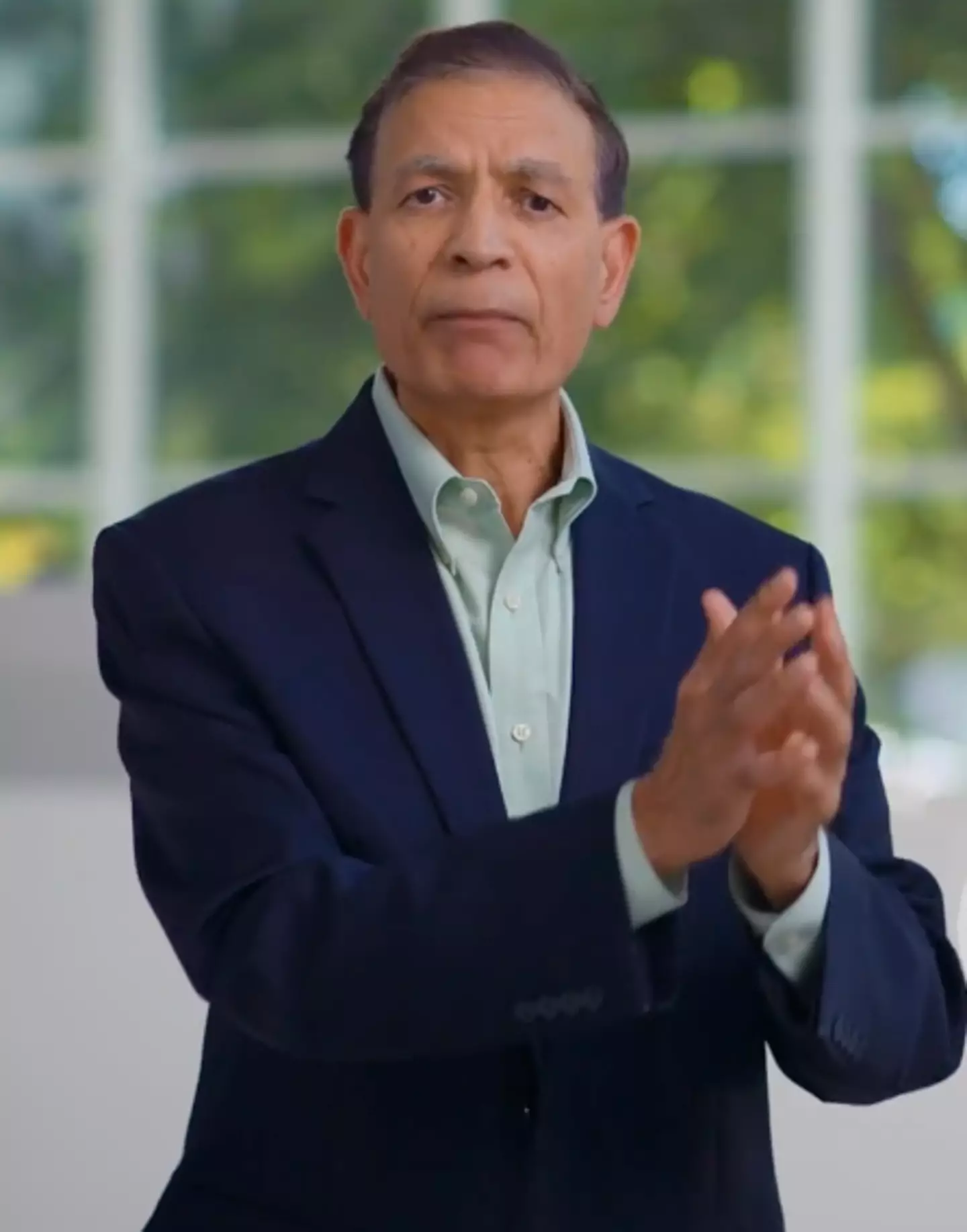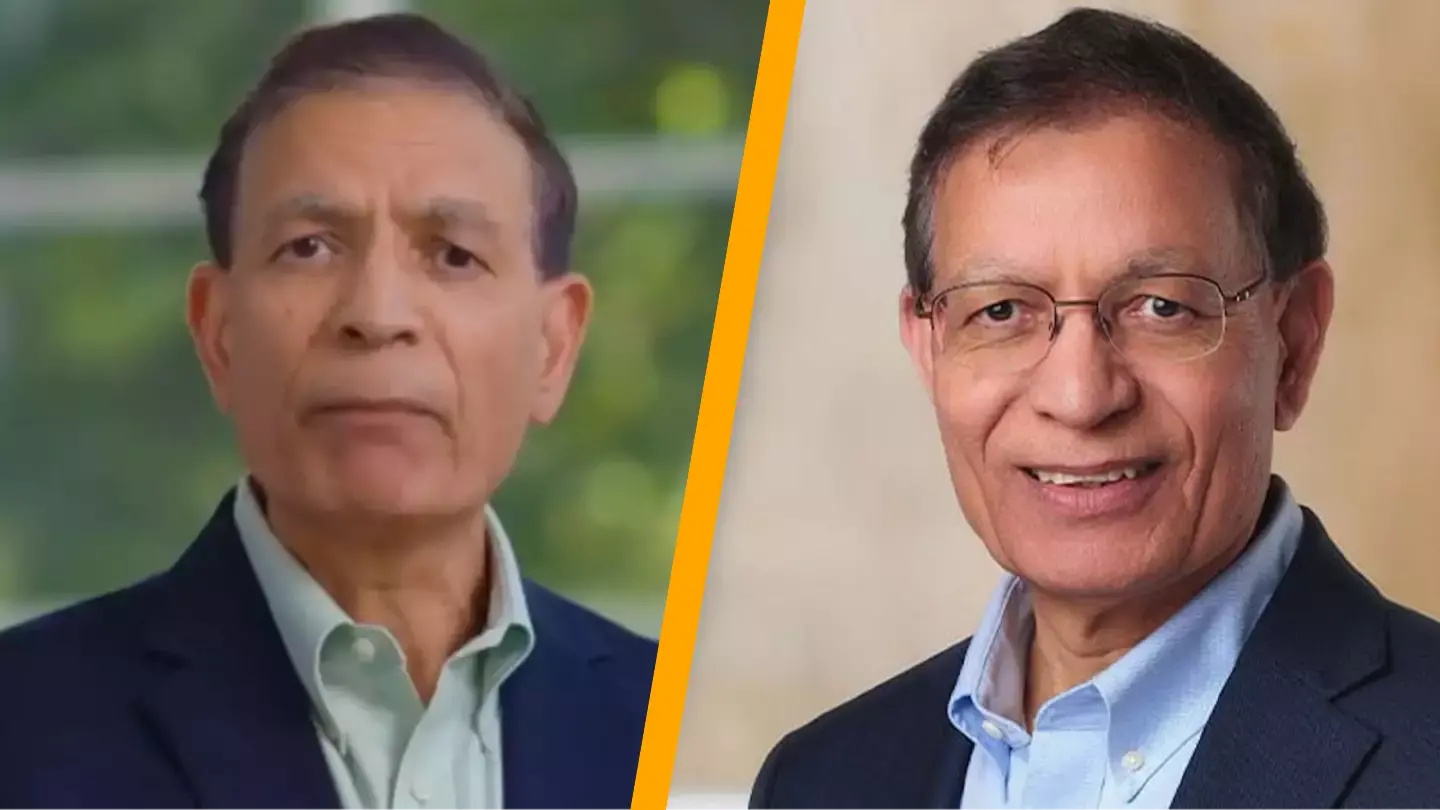A wealthy CEO has revealed two warning signs that would deter him from hiring a candidate. Jay Chaudhry, who established the Internet security company SecureIT in 1996 alongside his wife Jyoti, saw the enterprise acquired by Verisign in 1998.
Following SecureIT, he began CipherTrust, an email security firm, in 2000 and sold it for $274 million in 2006 to Secure Computing Corporation. Since then, Chaudhry has launched several other ventures, such as CoreHarbor and AirDefense.
His most recent venture, Zscaler, which focuses on cloud security, was founded in 2007. Given his extensive experience, it’s safe to say that Chaudhry has interviewed and employed numerous individuals over the years.
According to Forbes, Chaudhry’s net worth stands at an impressive $9.7 billion. While he certainly looks for certain positive traits in potential hires, there are also specific behaviors that raise concerns for him.

One major red flag is when a candidate seems overly focused on expanding the number of direct reports. Chaudhry refers to such individuals as those “who just focus on building fiefdoms.”
He elaborated: “They view the success as linked to the budget and number of people who report.” This attitude reflects a lack of interest in delivering quality results or performing well, prioritizing control over people instead.
This approach could understandably create tension among existing staff if this individual becomes their superior.

The second red flag involves how a candidate deals with less-than-ideal results. In a scenario where a quarter’s outcomes are subpar due to uncontrollable factors, Chaudhry is wary of individuals who attempt to manipulate the presentation of these results.
Instead of genuinely altering the data, they might try to cast them in a more favorable light. He describes these individuals as “people who like to package their results to look good.”
Chaudhry prefers candidates who focus on identifying strategies to enhance future performance, emphasizing: “It’s the growth that’s very, very important.”
He further explained his perspective by saying: “I tell them that at Zscaler, we spend 10 percent of the time of a meeting patting ourselves on the back,” emphasizing that the remaining 90 percent is dedicated to identifying areas for improvement.

